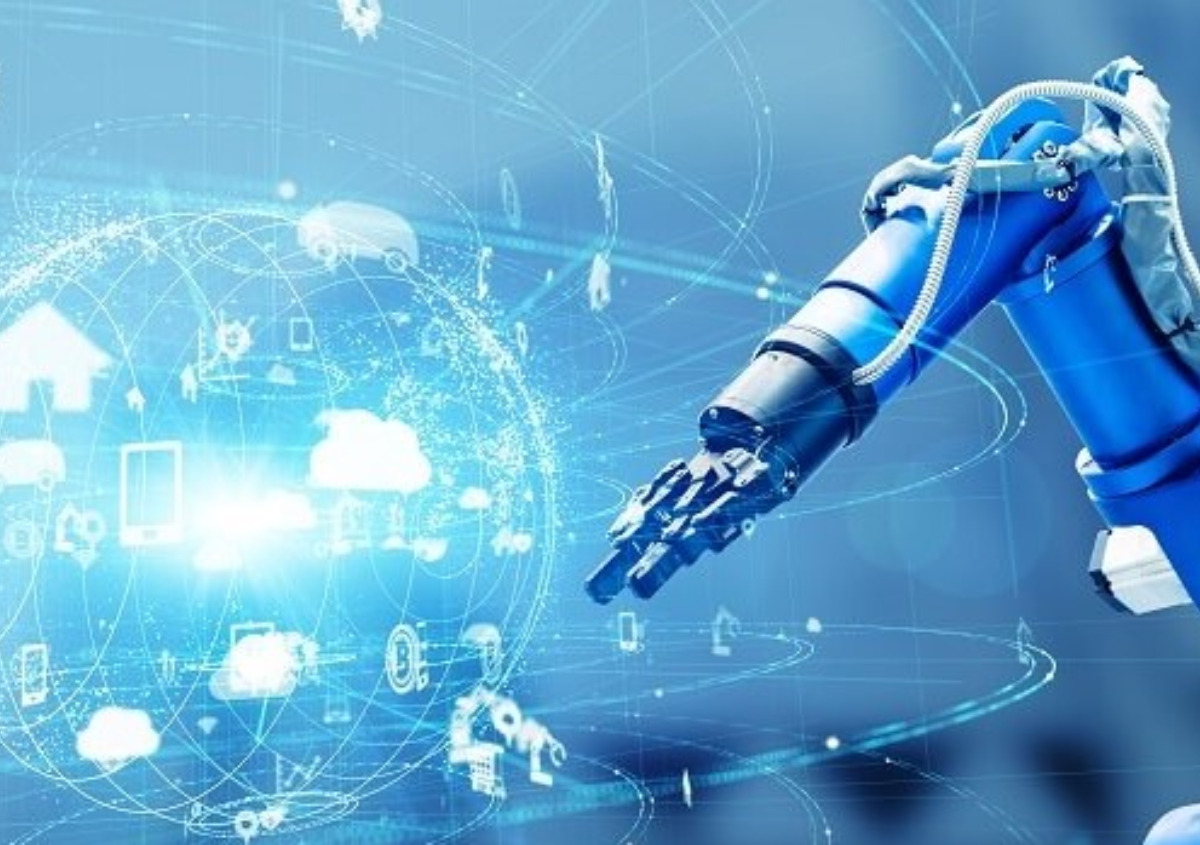
Artificial Intelligence (AI) is a rapidly evolving field that is changing the way we work, live, and interact with technology. The ability to simulate human processing has opened up a world of possibilities for businesses, such as automating tasks, improving data management and analysis, and enhancing safety systems in the workplace.
In this blog post, we will explore the various ways AI may be a useful tool for impacting company performance, quality management, and environmental and employee safety.
Improved Process Efficiency
One of the most significant benefits of AI is its ability to optimize processes and automate tasks. For example, in manufacturing settings, AI tools can be used to analyze production data to identify inefficiencies and suggest process improvements. This not only improves product quality, but also reduces waste, lowers production costs, and improves delivery times. Additionally, AI algorithms can optimize task delegation between robotic equipment and human employees, making operations more efficient and reducing the risk of accidents.
Better Data Analysis and Management
AI can assist businesses to better manage their data, an increasingly critical asset for many companies. With AI-powered data analysis tools, businesses can quickly identify patterns and insights that would be difficult to discern manually. This can lead to better decision making, improved operational efficiency, and increased profitability. Moreover, AI-powered tools can analyze vast amounts of data in real-time, which helps businesses respond to market changes and customer needs more quickly.
Environmental and Employee Safety
AI can have a significant impact on environmental and employee safety. Risk assessment tools developed with AI and efficiencies of machine learning data processing could minimize or even eliminate occupational hazards. By analyzing data from various sources, including environmental sensors, machine sensors and employee feedback, AI can be used to identify safety hazards and recommend preventive measures. This can help reduce accidents, injuries, and fatalities in the workplace.
Furthermore, AI can help businesses identify and reduce their environmental impact. By analyzing data such as energy consumption, water usage and waste production, AI can recommend ways to reduce resource consumption and improve sustainability. This not only benefits the environment but can also improve a company’s brand image and reputation.
AI has the potential to be a game-changer for businesses. It can help companies improve their processes, optimize their data management and analysis, and enhance environmental and employee safety. As AI-specific programs become more prevalent in today’s work environments, it is essential to understand how they can positively impact your business operations. By adopting AI-powered tools, businesses can become more efficient, competitive and sustainable in the long run.
RHP Risk Management helps our clients comply with Occupational Health and Safety Administration (OSHA) regulations. Our staff of public health professionals use, collect, and analyze scientific data to identify occupational exposures and health hazards at your facility. Contact RHP for an initial consultation and learn more about our professional services.
